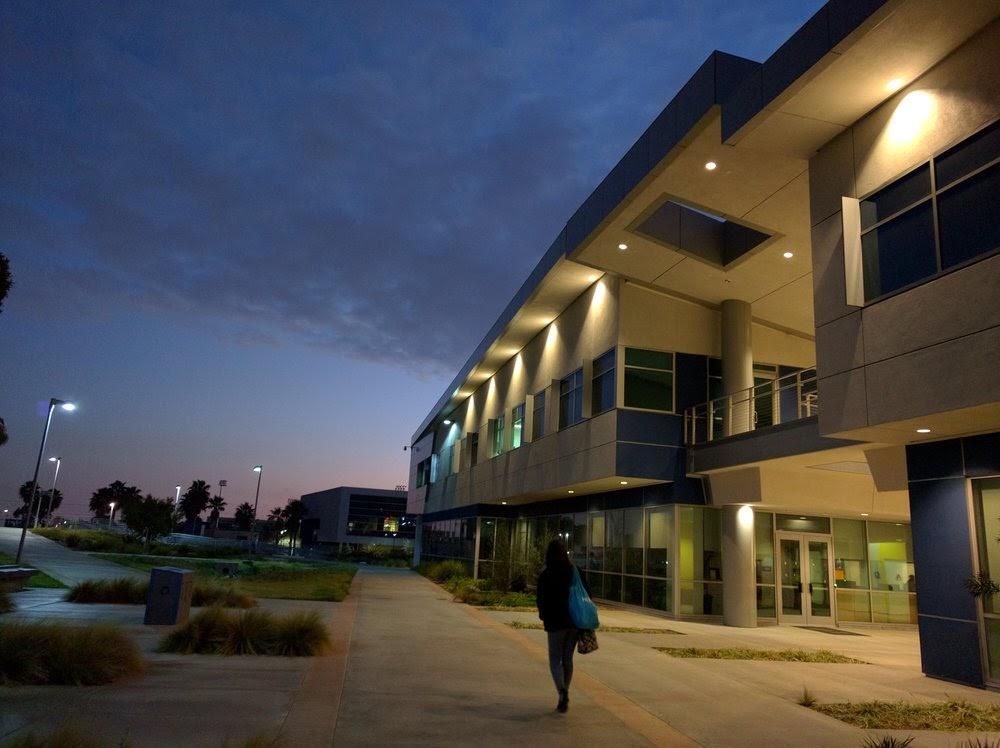Recovery Specialist (SC)
Careers as a Recovery Specialist
Counselors supporting those in recovery from chemical dependencies often work in healthcare, prisons, community organizations, colleges, public health departments, nonprofits, or even private businesses. You will likely have the opportunity to work closely with licensed psychologists and together, play an important role in the lives of everyday people.
Here are some occupations and their salaries you could have with a background as a recovery specialist:
Career information below taken from bls.gov December 2019. Go to bls.gov for most current career information.
Run individual, family, and group counseling for patients in chemical dependency program, and act as a mediator between patients, relatives, medical staff, and outside agencies as needed.
Data for Los Angeles/Long Beach/Anaheim
| Typical Education Level: | Salary: | Hourly Median Wage: |
|---|---|---|
| Bachelor’s Degree | $50,650/year | $24.35/hour |
| Work Experience in a Related Occupation: | Job Outlook 2018-2028: | Number of Jobs 2018: |
| None needed | 7% increase (as fast as average) | 12,630 |
Provide treatment and advise people who suffer from alcoholism, drug addiction, or other mental or behavioral problems.
National data
| Typical Education Level: | Salary: | Hourly Median Wage: |
|---|---|---|
| Bachelor’s Degree | $44,630/year | $21.46/hour |
| Work Experience in a Related Occupation: | Job Outlook 2018-2028: | Number of Jobs 2018: |
| None needed | 22% increase (much faster than average) | 304,500 |
Teach people about behaviors that promote wellness. Collect data and discuss health concerns with members of specific populations or communities.
National data
| Typical Education Level: | Salary: | Hourly Median Wage: |
|---|---|---|
| Some college | $46,080/year | $22.15/hour |
| Work Experience in a Related Occupation: | Job Outlook 2018-2028: | Number of Jobs 2018: |
| None needed | 11% increase (much faster than average) | 123,800 |
Help people solve and cope with problems in their everyday lives.
National data
| Typical Education Level: | Salary: | Hourly Median Wage: |
|---|---|---|
| Master’s Degree | $49,470/year | $23.79/hour |
| Work Experience in a Related Occupation: | Job Outlook 2018-2028: | Number of Jobs 2018: |
| None needed | 11% increase (much faster than average) | 707,400 |
What You’ll Learn at LASC to become a Recovery Specialist:
You can get a Skill Certificate (SC) through LASC’s Recovery Specialist program where you will develop the academic theories and skills on how to counsel those with chemical dependencies:
- Provide insight into the psychology of alcohol and chemical dependency and information on how to counsel chemically dependent individuals
- Understand addiction, and discover the different theories, techniques, and methods of chemical dependency prevention.
- LASC provides internships so you can build your career connections and create community ties for after you graduate.
- Want to transfer? An Associate in Arts for Transfer (AAT) degree in Psychology will prepare you to pursue a bachelor’s degree. You’ll be able to save money on your first two years of college learning from engaging, knowledgeable faculty. Plus, you can graduate with guaranteed admission into a CSU! See your academic counselor for details.
Degrees & Courses You Will Take
Review LASC’s Recovery Specialist Skill Certificate and our suggested course of study for these programs. Go to LASC’s current Course Catalog for specific course information:
Major Code: 2104.41
Total Units Required: 15
Upon successful completion of this program, you will be able to:
- Discuss and describe the substance abuse recovery process.
- Discuss and describe the intake/initial interviewing process in a clinical setting.
- Discuss and describe the treatment planning process in a clinical setting.
| Required Courses: | Units |
|---|---|
| PSYCH 1 General Psychology I | 3 |
| PSYCH 63 Alcohol/Drug Studies: Prevention and Education | 3 |
|
|
3 |
|
|
3 |
|
|
3 |
| TOTAL UNITS | 15 |
Get Ready Before You Start
Interested in a career in counseling? Before your first class starts at LASC, you can start preparing for your career:
- Make an appointment with your LASC academic counselor to review LASC’s program, start to develop a Student Education Plan (SEP), and discuss your career goals. If getting a bachelor’s degree makes more sense for what you want to do, talk with your counselor about the courses you would need to take to transfer!
- Once you’re at LASC, make sure to get involved with on- and off-campus clubs and organizations, such as Students Against Drug and Alcohol Abuse (SADAA), become a student ambassador, or run for student body government. These create new relationships and show potential employers your commitment to building your communication and leadership skills.
Program Learning Outcomes

After you successfully complete this program, you will be able to:
- Discuss and describe the substance abuse recovery process.
- Discuss and describe the intake/initial interviewing process in a clinical setting.
- Discuss and describe the treatment planning process in a clinical setting.
